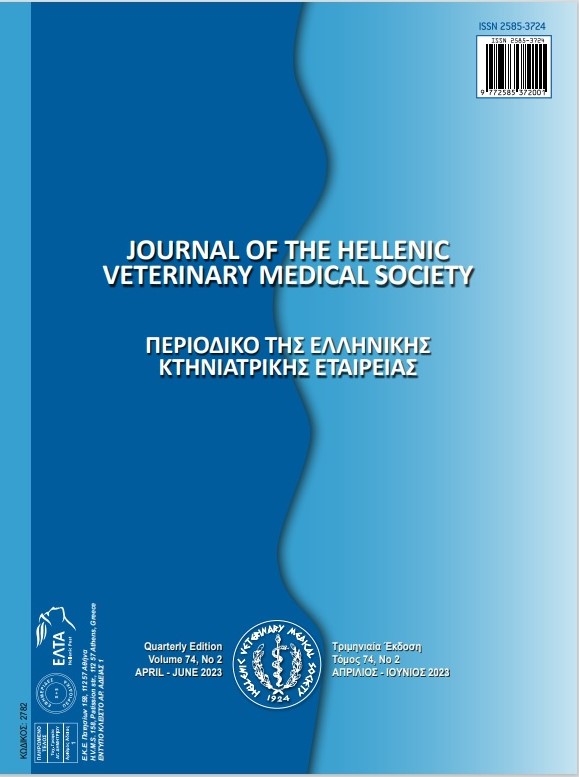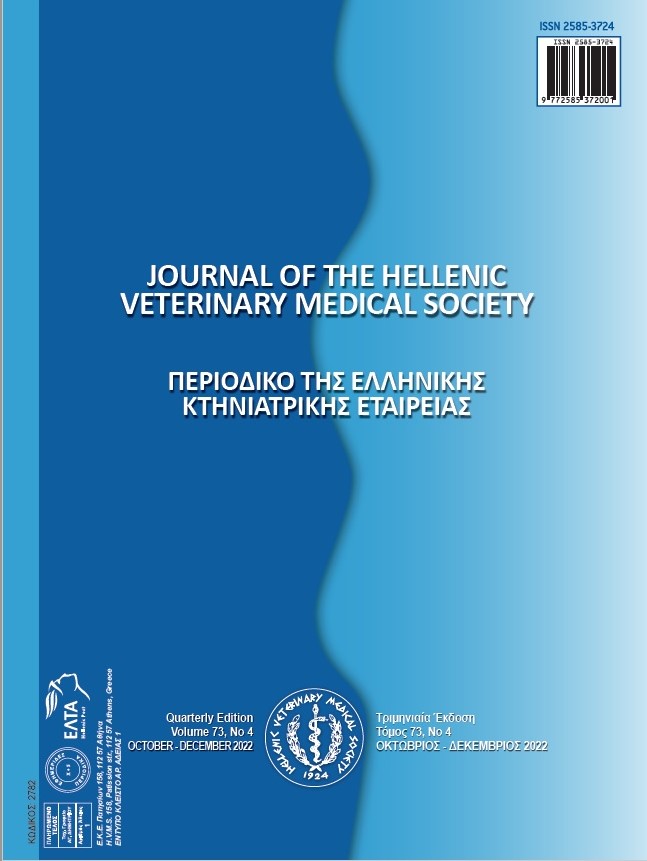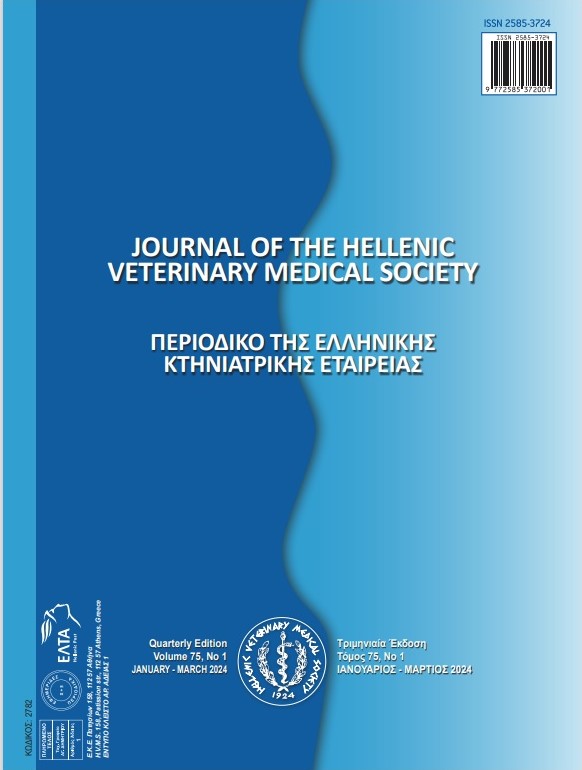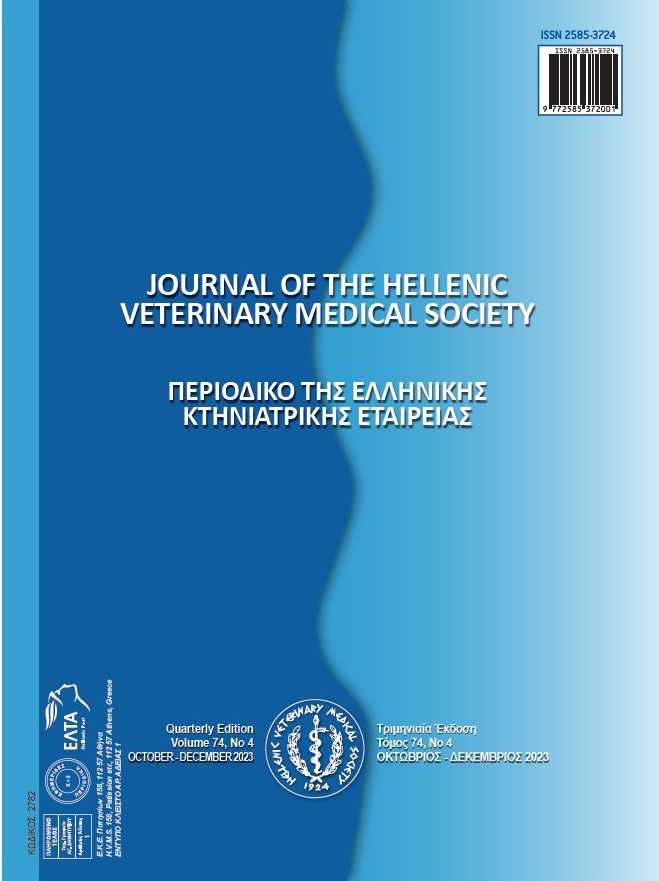The effects of black cumin (Nigella sativa l..) seed on carcass characteristics, kidney oxidant antioxidant levels and ileum histomorphology in Japanese quails Effects of black cumin seed on Japanese quails
Abstract
This study aims to determine the effects of supplementation of different doses of black cumin seeds (NS) to quail feeds on carcass characteristics, kidney oxidant antioxidant levels, and ileum histomorphology. A total of 432 mixed-sex three days old Japanese quails were randomly divided into four groups. The groups were fed on either a basal diet alone (Control Group) or a basal diet supplemented with NS at rates of 0.5% (NS-0.5 Group), 1% (NS-1 Group), and 2% (NS-2 Group). It was determined that the back+neck weight in the NS-2 group and head weight and ratio in the NS-1 and NS-2 groups decreased. The thigh rate increased in the NS-0.5 group compared to the control and other NS groups. Kidney glutathione, glutathione peroxidase, and male quails' catalase values were increased in NS groups compared to the control group. The kidney vitamin C increased only in the NS-2 group compared to the control. In the NS-2 group, the villus height decreased both on a group basis and in female quails, while the villus width decreased only in female quails. Consequently, it was determined that dietary supplementation of NS at rates of 0.5% increased the thigh rate, dietary supplementation at three different doses of NS were effective in maintaining the kidney oxidant-antioxidant balance, and the ileum histomorphology did not change except for dietary supplementation of NS at rates of 2%. Therefore, it can be stated that black cumin seeds can be used as a natural antioxidant source in the quail diet.
Article Details
- Come citare
-
Kazak, F., Cimrin, T., Alasahan, S., Kisacam, M., & Kutlu, T. (2023). The effects of black cumin (Nigella sativa l.) seed on carcass characteristics, kidney oxidant antioxidant levels and ileum histomorphology in Japanese quails: Effects of black cumin seed on Japanese quails. Journal of the Hellenic Veterinary Medical Society, 74(3), 5993–6002. https://doi.org/10.12681/jhvms.30647
- Fascicolo
- V. 74 N. 3 (2023)
- Sezione
- Research Articles

Questo lavoro è fornito con la licenza Creative Commons Attribuzione - Non commerciale 4.0 Internazionale.
Authors who publish with this journal agree to the following terms:
· Authors retain copyright and grant the journal right of first publication with the work simultaneously licensed under a Creative Commons Attribution Non-Commercial License that allows others to share the work with an acknowledgement of the work's authorship and initial publication in this journal.
· Authors are able to enter into separate, additional contractual arrangements for the non-exclusive distribution of the journal's published version of the work (e.g. post it to an institutional repository or publish it in a book), with an acknowledgement of its initial publication in this journal.
· Authors are permitted and encouraged to post their work online (preferably in institutional repositories or on their website) prior to and during the submission process, as it can lead to productive exchanges, as well as earlier and greater citation of published work.






